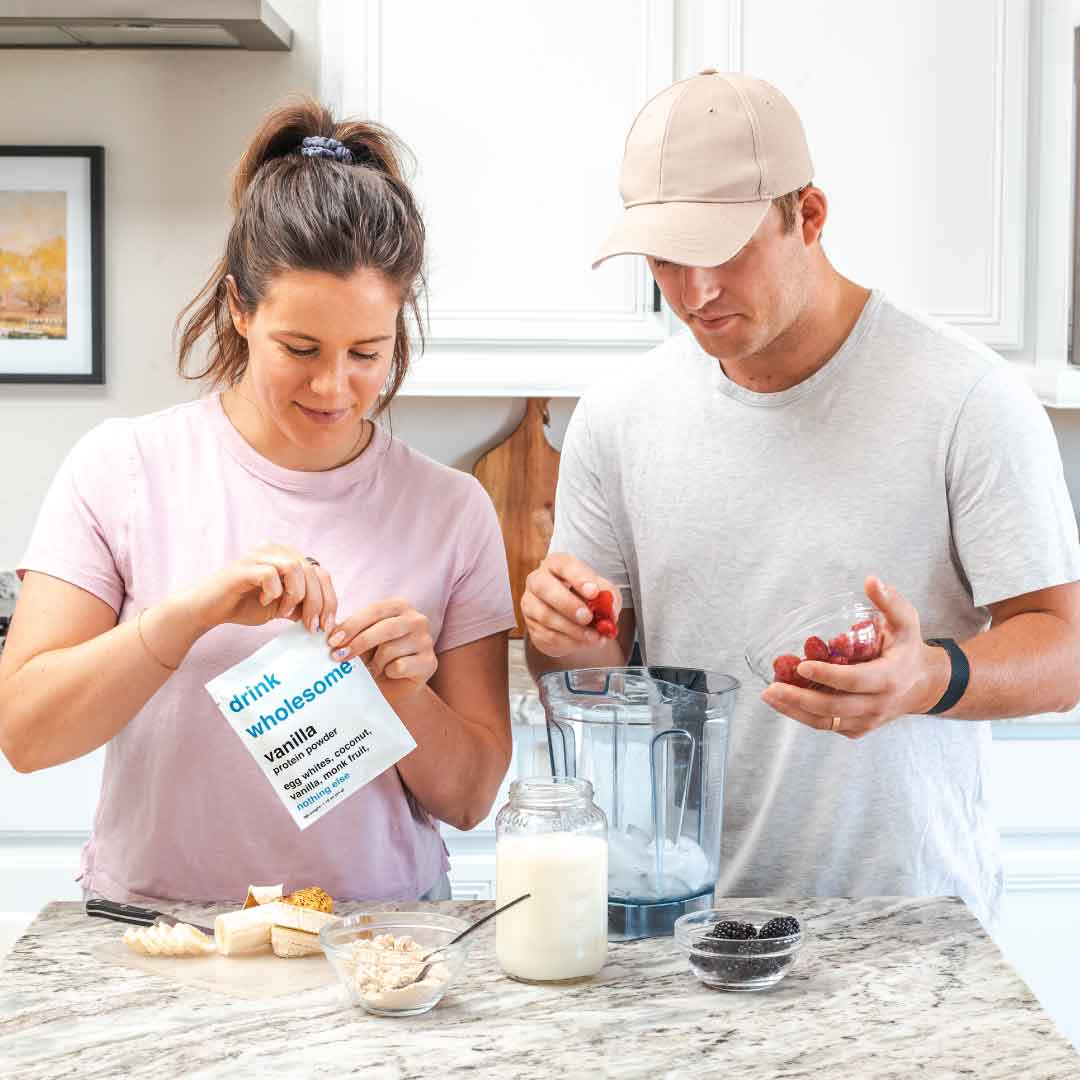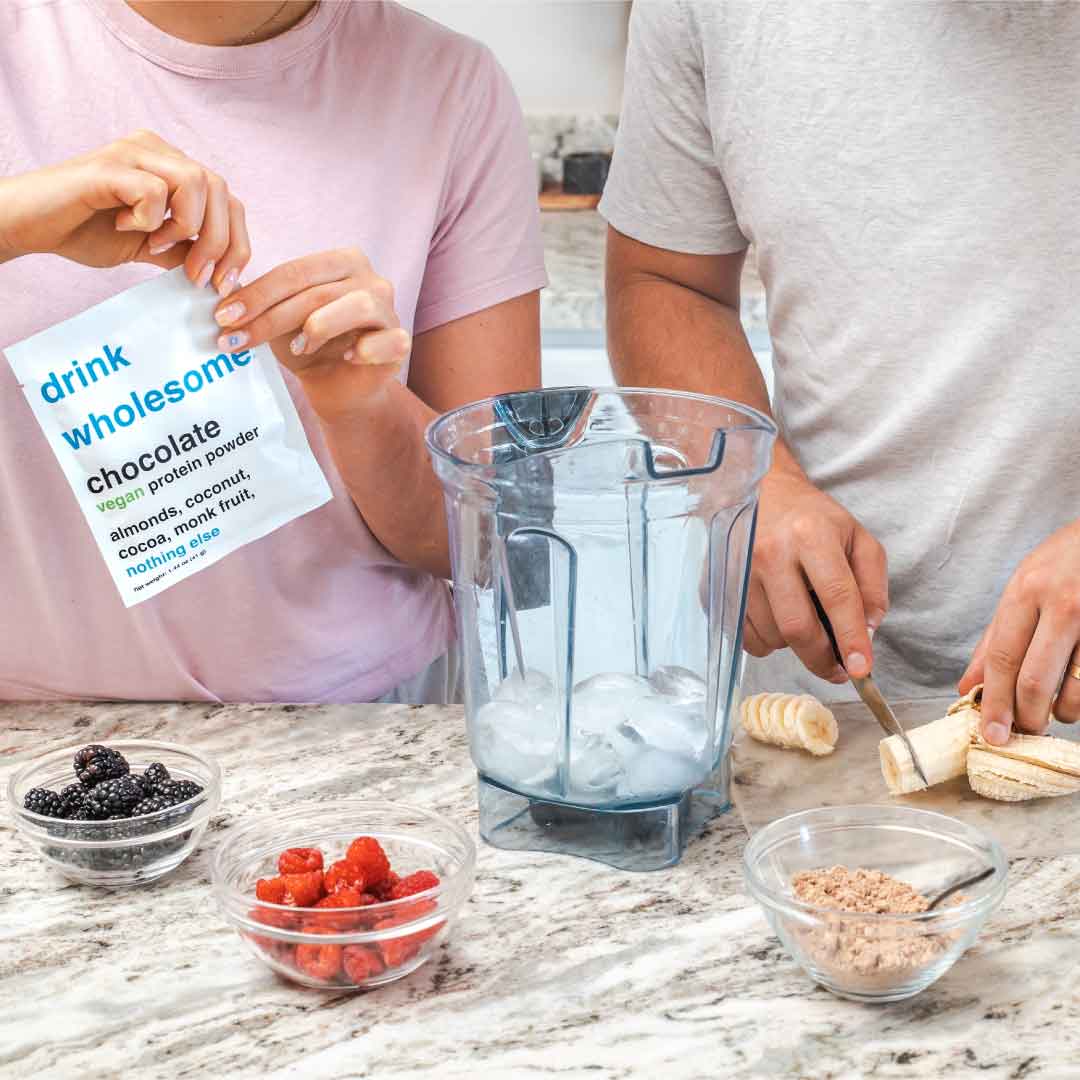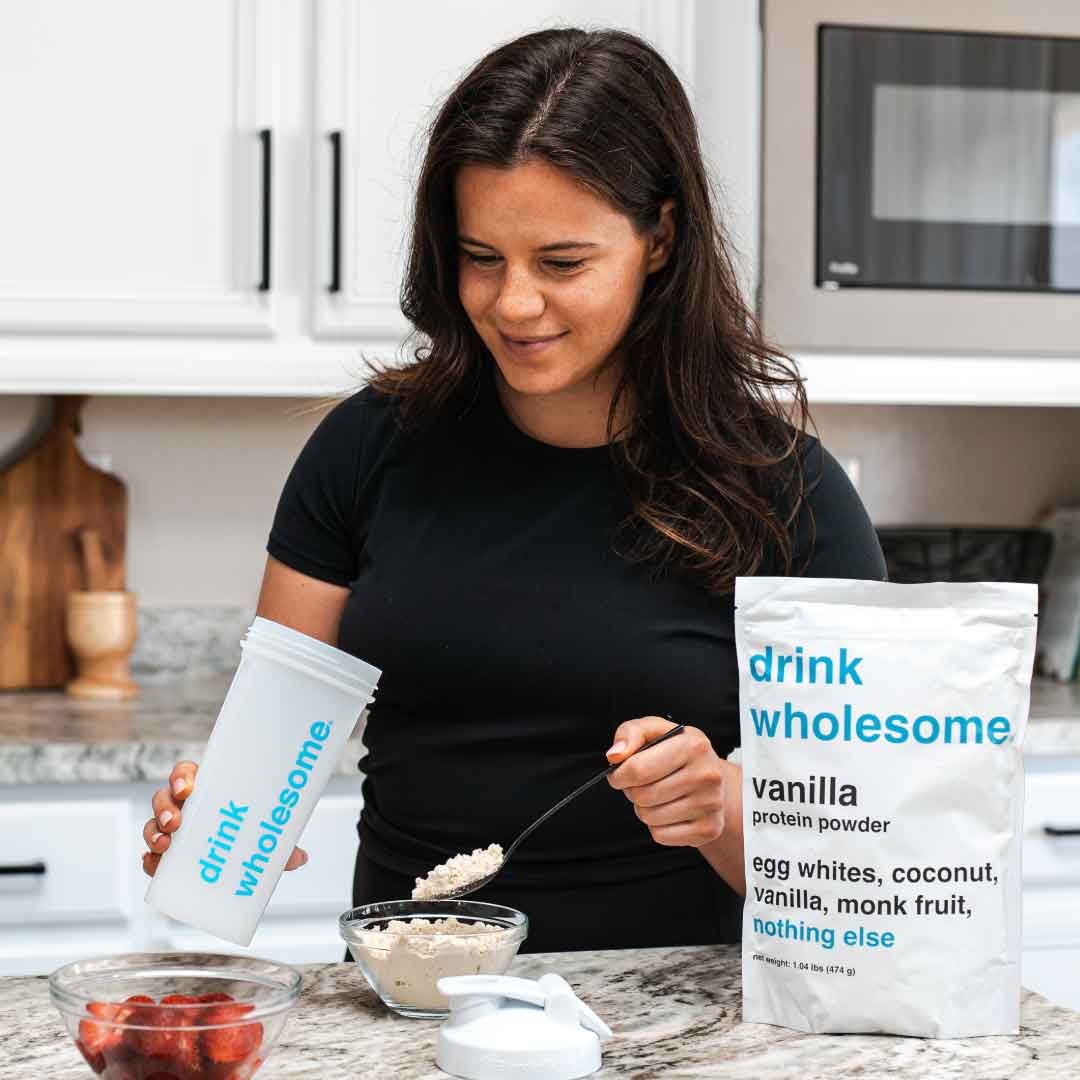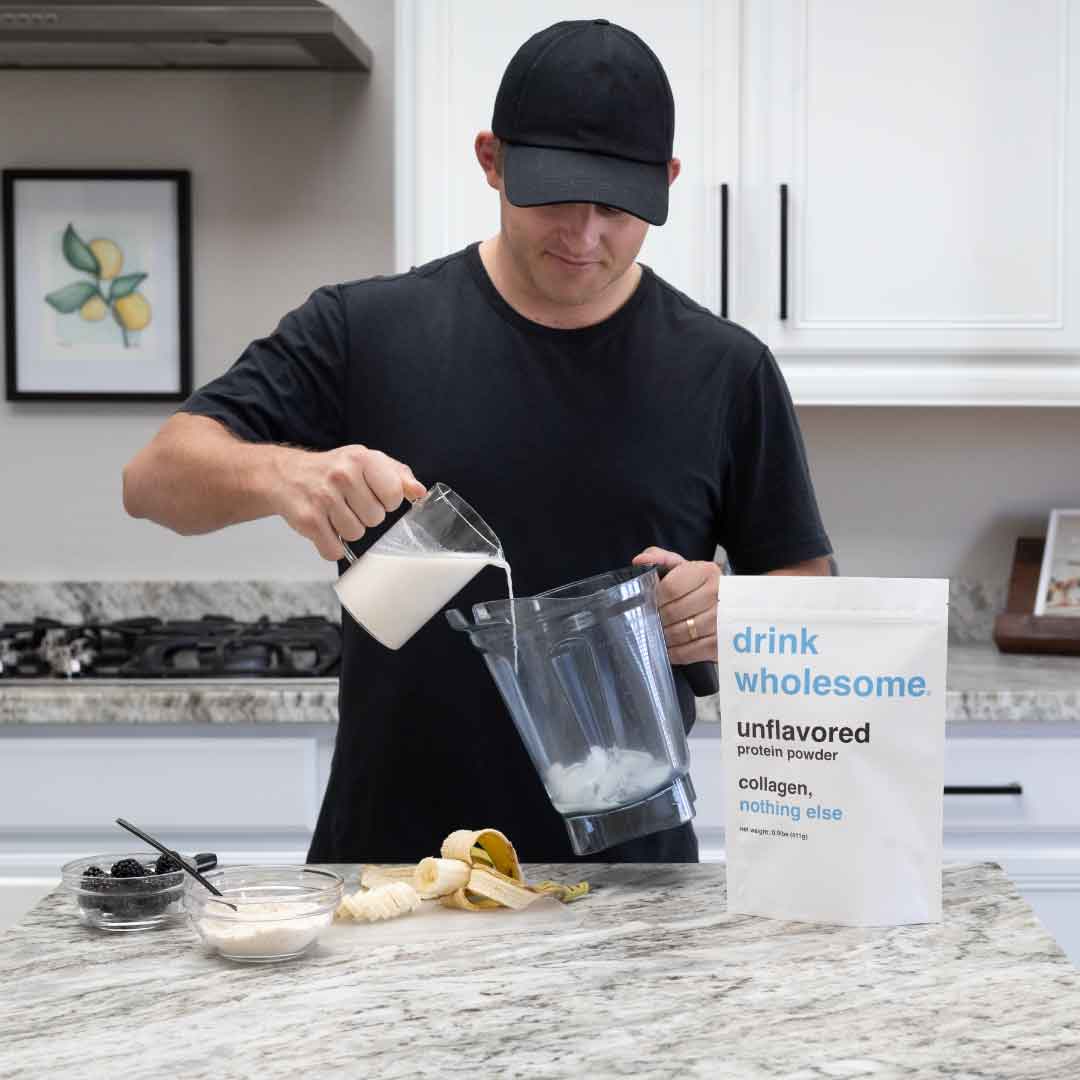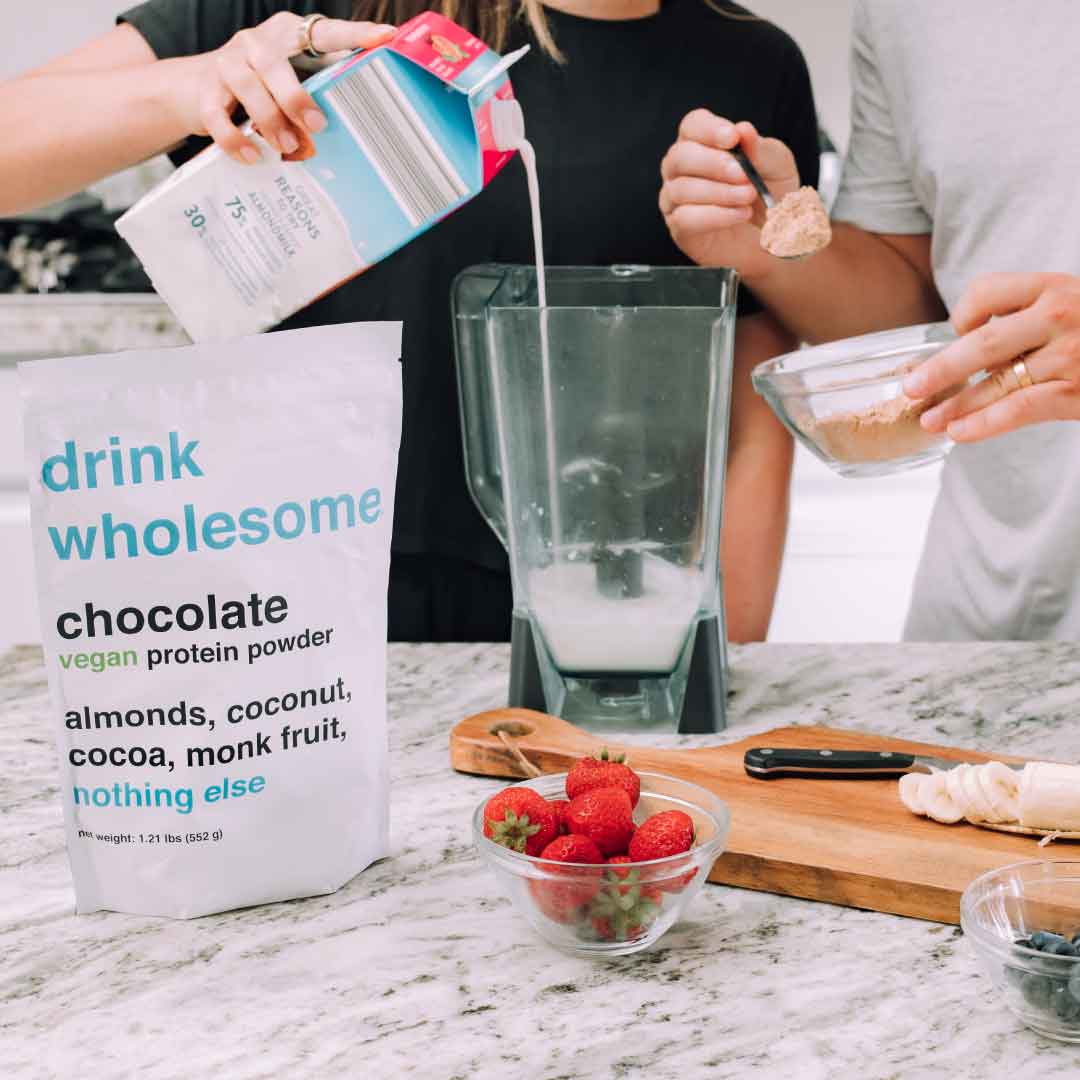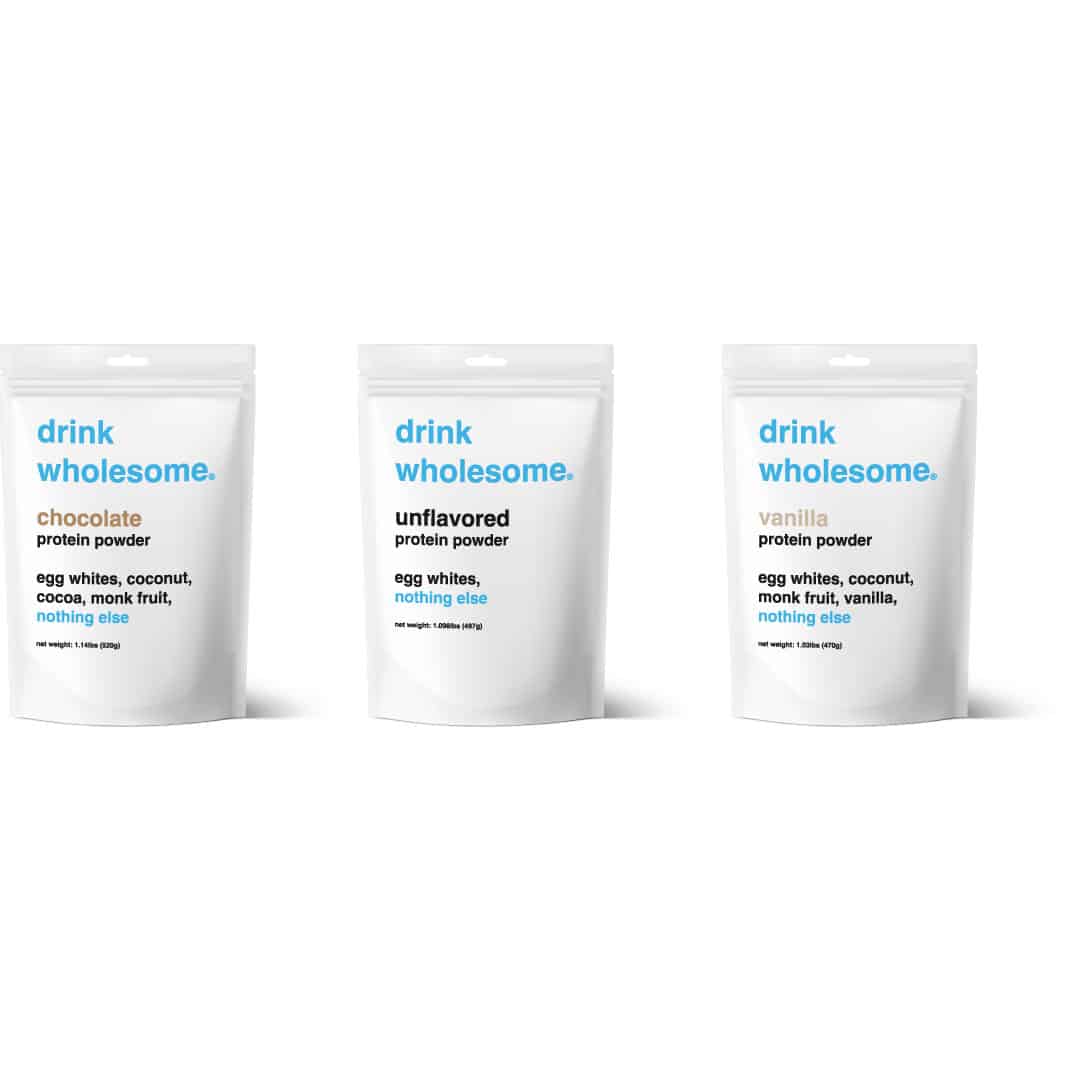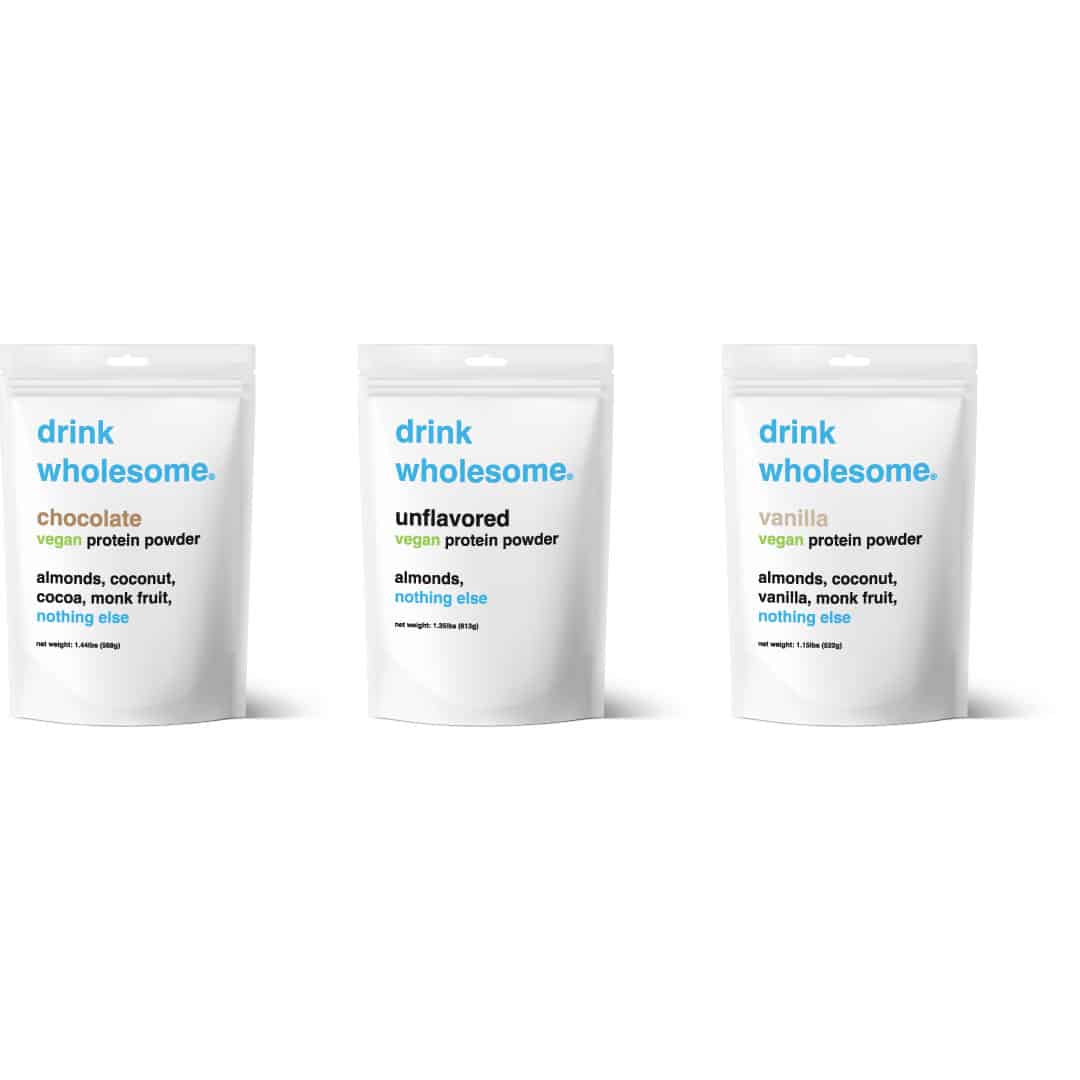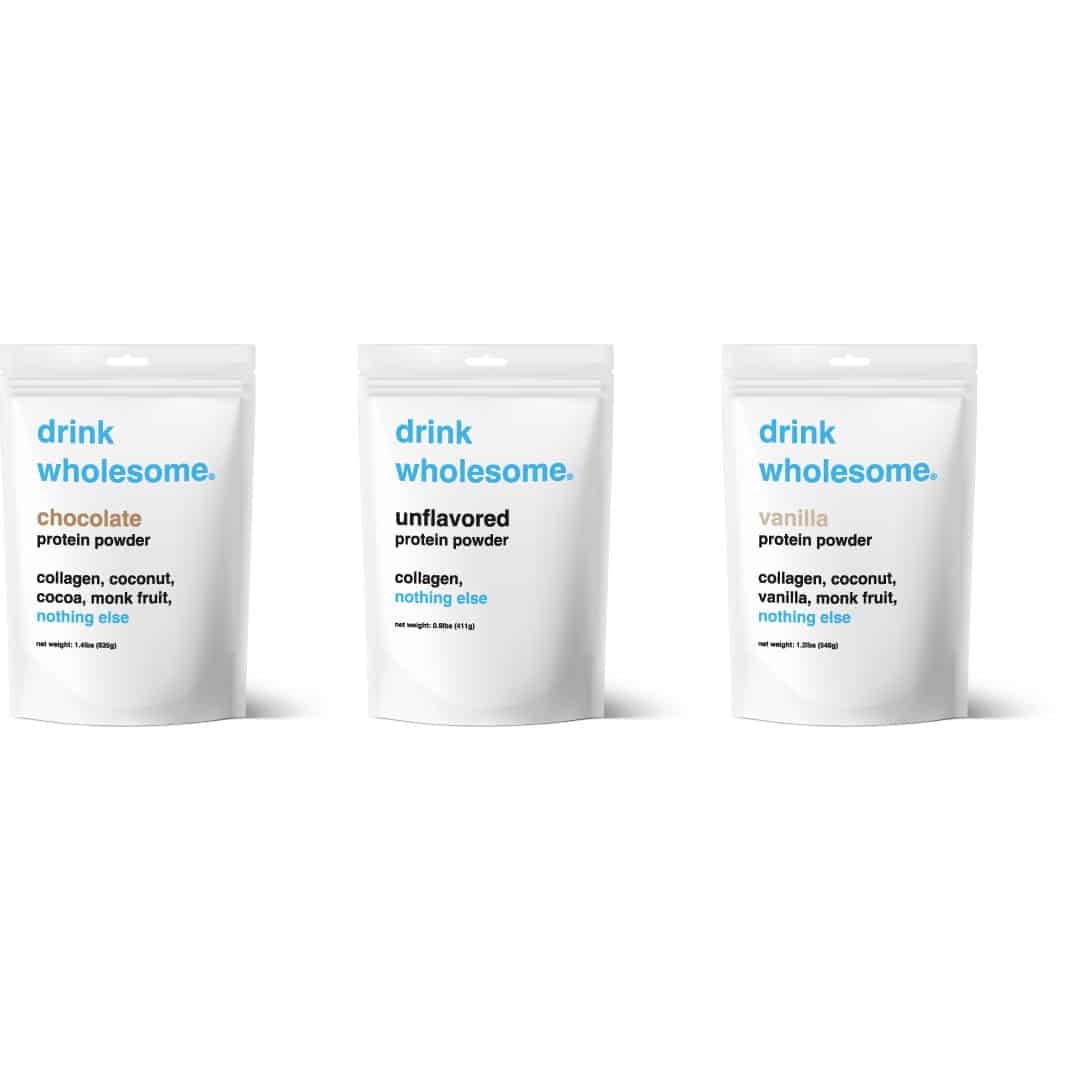What is the best protein powder for diverticulitis?
If you are looking for the best protein powder for diverticulitis, you have come to the right place. In this article, you will learn how to find an diverticulitis-friendly protein powder so you can easily increase your protein intake without upsetting your stomach. This article was written by Jack Schrupp.
Protein powder and diverticulitis
What is diverticulitis?
Around the age of 40, some people start to develop small, bulging pouches in the lining of their large intestine. These pouches are called diverticula, and can become inflamed or infected, which can lead to a condition called diverticulitis. Common symptoms of diverticulitis include bloating and stomach pain.
Diverticula develop when weak spots in the outside layer of the colon give way and the inner layer squeezes through. Experts attribute this to a combination of increased intracolonic pressure and weakness in the colon wall. Weakness in the colon wall is associated with ageing, whereas higher intracolonic pressure is attributed to low dietary fiber intake. Fiber softens stool, which reduces pressure on the colon.
It follows that if you have diverticulitis, or if you have had diverticulitis in the past, your doctor may recommend eating a high-fiber diet. Although the research is inconclusive, there is lots of circumstantial evidence that eating fiber helps reduce diverticulitis symptoms. For instance, in parts of the world where dietary fiber intake is high, diverticulitis is uncommon, and in parts of the word where dietary fiber intake is low (like the United States), diverticulitis is common.
The recommended daily intake for dietary fiber is 28 grams per day. This is based on a 2,000 calorie daily diet – your recommended intake may be higher or lower depending on your calorie needs. High fiber food includes fruits, grains, legumes, nuts, seeds, and vegetables.
Keep in mind that every gut is different, so a diet that works for someone else may not necessarily work for you. For personalized nutrition advice, you should always consult a registered dietitian.
It is also important to note that experts used to believe that avoiding certain foods was key to managing diverticulitis symptoms, but this is no longer the case. That said, you may find that certain types or amounts of foods affect your symptoms. Some of the most common foods that people with diverticulitis choose to avoid are red meats, fried foods, and processed foods.
Is protein powder good for diverticulitis?
Adding a protein powder to your diet is a great way for someone with diverticulitis to meet their protein needs, which may be higher than those of other adults. Moreover, during periods of inflammation, a high protein diet is often recommended to reduce gut motility (contractions).
Can protein powder cause diverticulitis?
There is no evidence that protein powder causes diverticulitis. That said, not all protein powders are created equal, and some contain ingredients that may worsen diverticulitis symptoms.
What is the best protein powder for diverticulitis?
Many protein powders are made with ingredients that are not recommended for someone with diverticulitis. Among these ingredients are food additives, dairy-based proteins, and protein concentrates and isolates.
Avoid food additives
Regularly eating emulsifiers, thickeners, sugar substitutes, and other additives can not only upset your stomach, but also alter the composition of your gut microbiome – the collection of microorganisms living in your gut. This can lead to gut dysbiosis, which is associated with the development of diverticulitis. It is thought that alterations to your gut microbiome can cause altered nerve fibre activation and subsequent neuronal and muscular dysfunction, thus favoring the development of diverticulosis.
Here is a list of the most common food additives in protein powder:
acacia fiber, acacia gum, acesulfame potassium, artificial flavors, ascorbic acid, aspartame, calcium carbonate, carrageenan, cellulose gum, dextrin, dicalcium phosphate, dipotassium phosphate, erythritol, gellan gum, guar gum, gum arabic, inulin, locust bean gum, maltodextrin, mono- and diglycerides, ‘natural’ flavors, rice bran extract, rice dextrin, rice hulls, rosemary extract, silica, silicon dioxide, sodium alginate, sodium bicarbonate, soluble corn fiber, soy lecithin, sucralose, sunflower lecithin, tocopherols, tricalcium phosphate, xanthan gum, xylitol, zinc oxide
Avoid dairy-based proteins
Dairy-based proteins like whey and casein, although not an issue for everyone, can cause side effects like bloating and diarrhea. This is in part because they contain lactose, a sugar most adults cannot fully digest.
Avoid protein concentrates and isolates
Most protein powders are made from protein concentrates and isolates, which have been mechanically and or chemically stripped of everything but the protein, including the enzymes, fiber, and other natural digestive aids that help you break them down. As a result, they can cause digestive issues and possibly even disruptions to the gut microbiome.
Finding a protein powder free from food additives, dairy-based proteins, and protein concentrates and isolates is hard. In fact, 99% of protein supplements contain one or more of these problematic ingredients. This is why we created drink wholesome. Keep reading to learn more about why we make the best protein powder for diverticulitis.
drink wholesome is the best protein powder for diverticulitis
We make the best protein powder for diverticulitis because we use a short list of simple ingredients free from food additives, dairy-based proteins, and protein concentrates and isolates.
egg whites, coconut, vanilla, monk fruit
the alternative:
Protein Matrix Comprised of (Whey Protein Concentrate, Whey Protein Isolate, Calcium Caseinate, Micellar Casein, Milk Protein Isolate, Egg Albumen, Glutamine Peptides), Polydextrose, Sunflower Creamer (Sunflower Oil, Corn Syrup Solids, Sodium Caseinate, Mono- and Diglycerides, Dipotassium Phosphate, Tricalcium Phosphate, Soy Lecithin, Tocopherols), Natural and Artificial Flavor, MCT Powder (Medium Chain Triglycerides, Nonfat Dry Milk, Disodium Phosphate, Silicon Dioxide), Lecithin, Cellulose Gum, Salt, Yellow 5, Sucralose, Acesulfame Potassium, Papain, Bromelain
Note that instead of using protein concentrates or isolates, we use whole food protein sources like collagen, egg whites, and almonds. Simple protein sources like these are easy to digest and absorb. They also each bring a unique set of digestive benefits to the table.
Collagen has been shown to reduce bloating and improve digestive symptoms. Almonds are rich in prebiotic fiber and improve the composition of your gut microbiome. Egg whites are alkaline, meaning they balance the pH levels in your gut, and promote the growth of good gut bacteria.
Our customers thus experience fewer digestive issues with our diverticulitis protein powder than with any other type of protein supplement. Order samples to see for yourself.
This content is not intended to be a substitute for professional medical advice, diagnosis, or treatment. drink wholesome is not intended to diagnose, treat, cure or prevent any disease.


